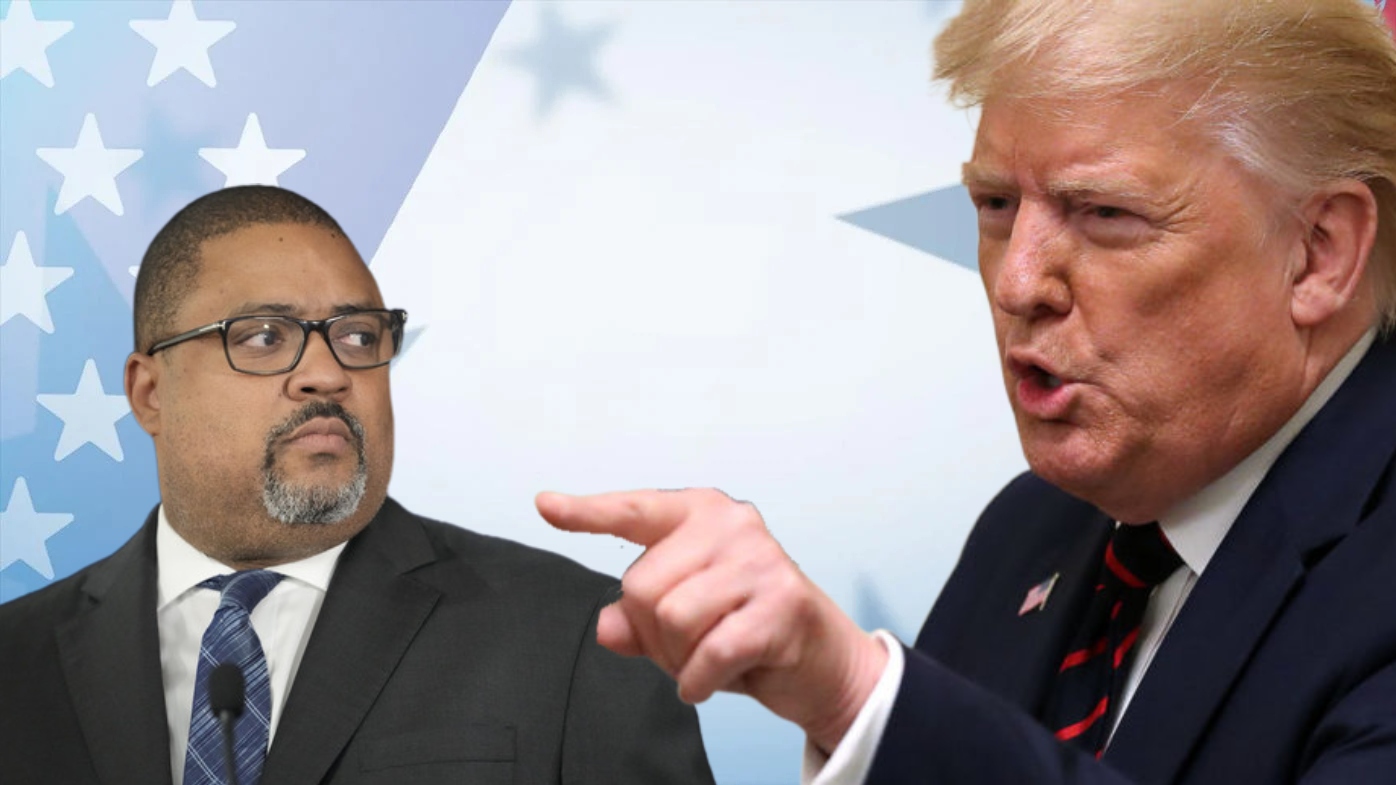In an unfolding legal drama that has captivated the nation, the sentencing of former President Donald Trump in the hush money case has been delayed following a landmark Supreme Court decision on presidential immunity. This development marks another twist in a saga that has seen Trump at the center of unprecedented legal and political battles.
On Monday, the Supreme Court ruled 6-3 in favor of granting absolute immunity to former presidents for actions taken as part of their core constitutional duties. Chief Justice John Roberts, writing for the majority, emphasized that the separation of powers doctrine necessitates shielding former presidents from prosecution for official acts. This decision has far-reaching implications, not just for Trump but for the future of presidential accountability in the United States.
Following the Supreme Court’s ruling, Trump’s legal team moved swiftly to leverage this newfound immunity in the ongoing hush money case. The case, which saw Trump convicted on 34 felony counts in May, centers on payments made during his 2016 presidential campaign to silence allegations of extramarital affairs. Manhattan District Attorney Alvin Bragg’s office had built part of its case on evidence from Trump’s tenure in the White House, arguing that some of the activities overlapped with his official duties.
Trump’s lawyers argued that this overlap should nullify parts of the prosecution’s case under the new Supreme Court ruling. Assistant district attorney Josh Steinglass acknowledged the merit of delaying the sentencing while the court considers Trump’s motion. “Although we believe defendant’s arguments to be without merit, we do not oppose his request for leave to file and his putative request to adjourn sentencing pending determination of his motion,” Steinglass wrote to Judge Juan Merchan.
The delay in sentencing adds another layer of complexity to Trump’s extensive legal woes. It also highlights the contentious intersection of law and politics in the United States. Critics argue that the Supreme Court’s ruling could create a dangerous precedent where presidents could evade accountability for actions both during and after their terms. Supporters, however, see it as a necessary protection to ensure the independence and efficacy of the executive branch.
This case has already been marked by extraordinary legal maneuvers and intense public scrutiny. Judge Merchan’s initial instructions to the jury, which allowed them to convict Trump without agreeing on a specific crime, were unprecedented and controversial. Trump’s legal team has seized on these and other procedural points to argue for the dismissal or delay of his sentencing.
The delay in Trump’s sentencing is expected to last several weeks as the courts consider his motion in light of the Supreme Court’s ruling. This period will likely see heightened political rhetoric and media coverage, further polarizing an already divided nation.
As Trump continues to campaign for the 2024 presidential election, this legal battle underscores the tumultuous and uncharted waters of American politics. Whether the Supreme Court’s decision will ultimately shield Trump from legal repercussions remains to be seen, but it has undoubtedly stirred up intense debate about the limits of presidential power and accountability.
The coming weeks promise to be pivotal, not only for Trump but for the broader questions of justice and governance in America. As this case unfolds, it will continue to challenge mainstream narratives and provoke thought about the very nature of law and leadership in the United States.


Leave a Comment